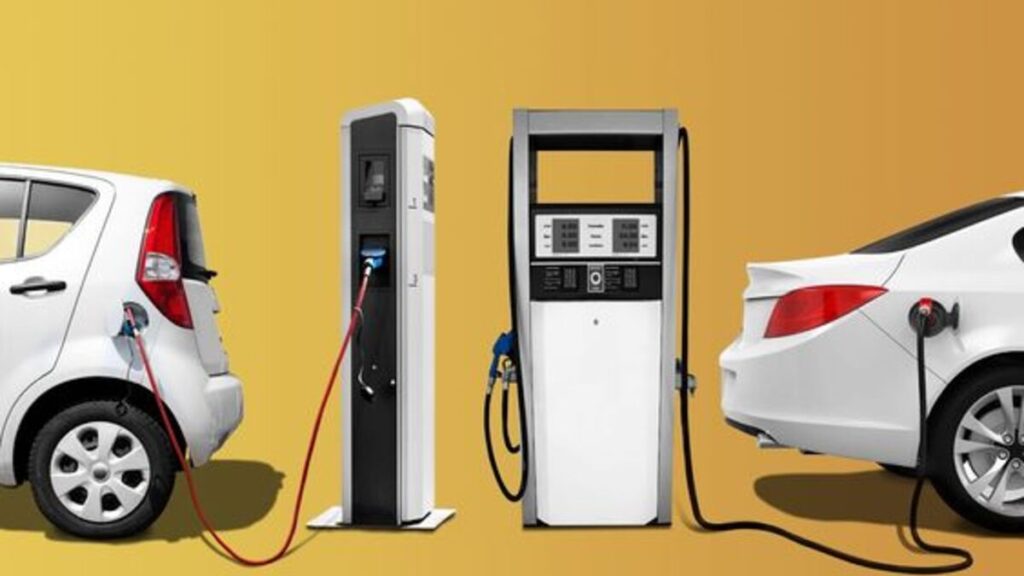Gasoline and electric cars are two completely different types of vehicles. However, the world is changing, and many states are going green, prioritizing EVs over gas cars. This has brought forth the debate of how the total lifespan costs of these two types of vehicles compare and how the location can significantly affect the average price of these two vehicles.
The Discussion Between Gasoline and Electric Cars
Recently, gasoline and electric cars have been compared heavily due to their different operating methods. Many people have wondered which option is better for them in the long run, as data shows that some options are more expensive than others.
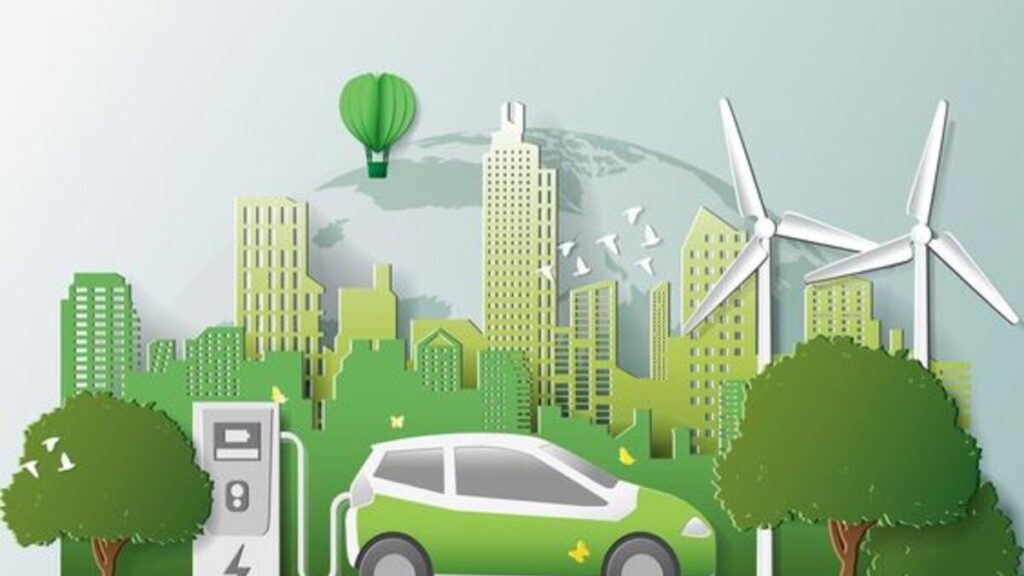
Fuel prices and maintenance costs are also comparable between the two, as many states are currently trying to go green to fight climate change. Also, since climate change has been on the rise, the impact of both gasoline and electric cars has been reviewed constantly to determine which is better for the environment’s future.
Studies show that gas-powered vehicles alone are responsible for 41% of the world’s total CO2 emissions. Therefore, gasoline cars are very unsafe for the environment.
On the other hand, electric cars have been proven to be 50% better for the climate than gas-powered vehicles. This is because they produce fewer emissions that could help fight climate change.
Why Does the Cost of Owning an Electric Vehicle Defer With Location?
According to the J.D. Power analysis, an electric vehicle’s total cost and financial benefits heavily depend on many factors. One of the most important factors is the driver’s geographical location. This is because electricity and gasoline prices vary depending on the area.
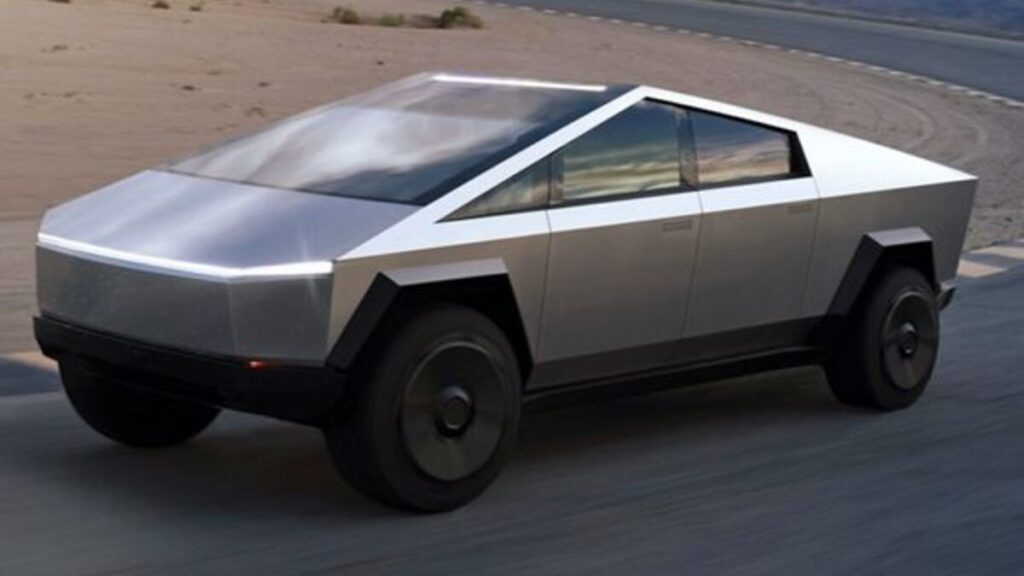
For example, an electric SUV (midsize) with a 300-mile range can have a total lifetime cost difference of $52,000 compared to the exact vehicle in another location. In places with much lower gas prices, such as Texas, the average lifetime cost of owning an electric vehicle would not be cheaper than a gasoline car.
ALSO READ: Ferrari CEO Asserts All-Electric Model Retains the ‘Emotion’ of the Famed Supercars
How Expensive Is an Electric Car vs a Gas Car?
Most people already know that buying an electric car is not cheap. However, the cost has reduced significantly since last year, making EVs more affordable for those who want to purchase one. Data from Cox Automotive, the parent company of Kelly Blue Book, shows that the average price fell in September 2023 by a whopping $14,300 compared to the previous year.
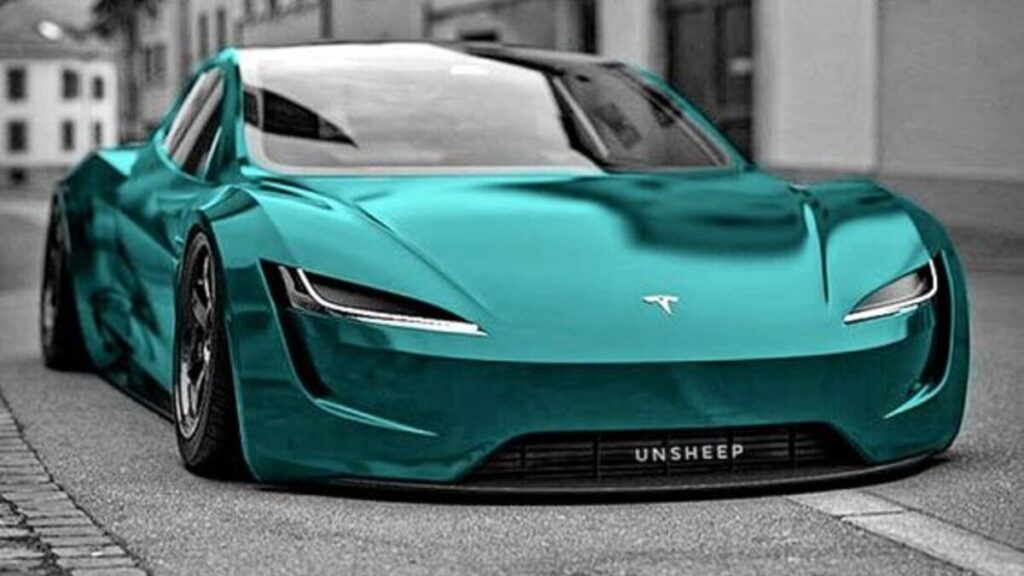
Now, the average price of an electric car, which used to cost about $100,000 some years ago, is about $40,917. Several sources report that the prices of these electric vehicles will continue to decline as time goes by due to many manufacturers’ starting to prioritize affordability and cheaper models.
However, the average price of a gas car is much lower at $28,990. In about five years, experts predict that the prices of gasoline and electric vehicles will be equal, making people more inclined to get them.
Do Electric Cars Depreciate Faster Than Gas Cars?
The price of electric cars is not the only reason people are skeptical about buying them. Some people are worried that these electricity-powered vehicles will depreciate faster than their gas counterparts. However, this assumption is wrong. Research shows that electric vehicles are just as durable as gas cars, if not even more durable sometimes.
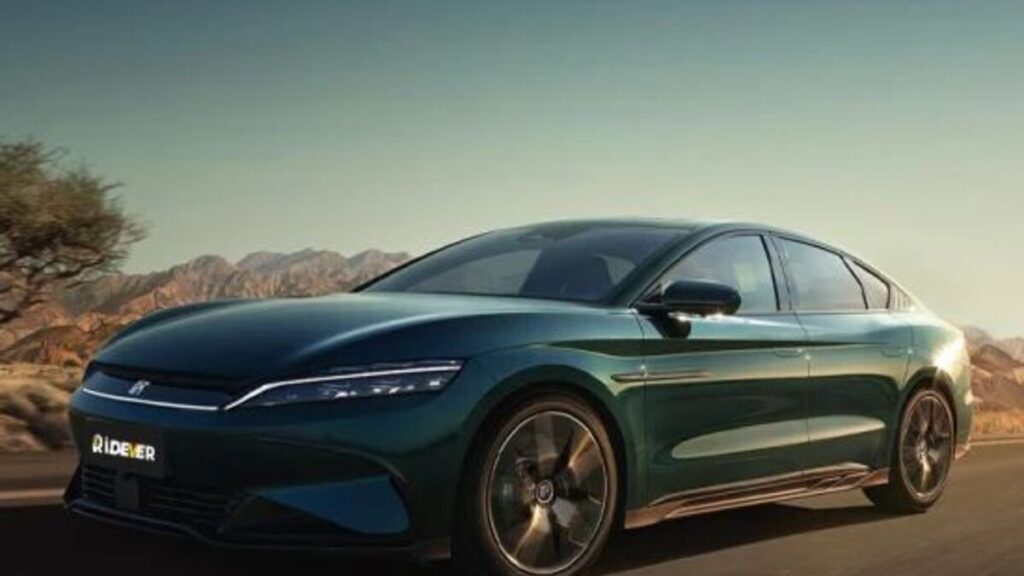
An average gas car has a life expectancy of about eight years, while an electric vehicle is estimated to last about 12 years. If properly managed, an electric vehicle has an average lifespan of 200,000 miles, while a gas vehicle has an average lifespan of 150,000.
New research has shown that while electric cars are typically more expensive than gasoline vehicles, the cumulative total of having the latter might be more costly than having an EV. Electric vehicles cost more, but the recurring cost of maintenance and refueling is much cheaper than that of a gas vehicle.
With constantly fluctuating gas prices, the total lifetime cost of buying and refueling your gas vehicle eventually adds up to more than someone with an average EV would spend. What’s more, the cost per mile for an electric car vs a gas car is 3-5 cents for an EV and 15 cents for a gas car. However, it is essential to note that this also depends on several factors, such as the type of electric vehicle and its location.
ALSO READ: Zeekr, Chinese EV Maker, Claims Its New Battery Outpaces Tesla in Charging Speed
What Are the Disadvantages of Electric Vehicles?
There are pros and cons involved in the topic of gas cars vs. electric cars. Therefore, most people want to know these before purchasing an electric vehicle to see if they can afford it.
Many people say that the price of electric vehicles is the most significant disadvantage that comes with the car. It is cheaper to own a gas car, as EVs are expensive, often starting at over $40,000, making EVs unaffordable to most people.
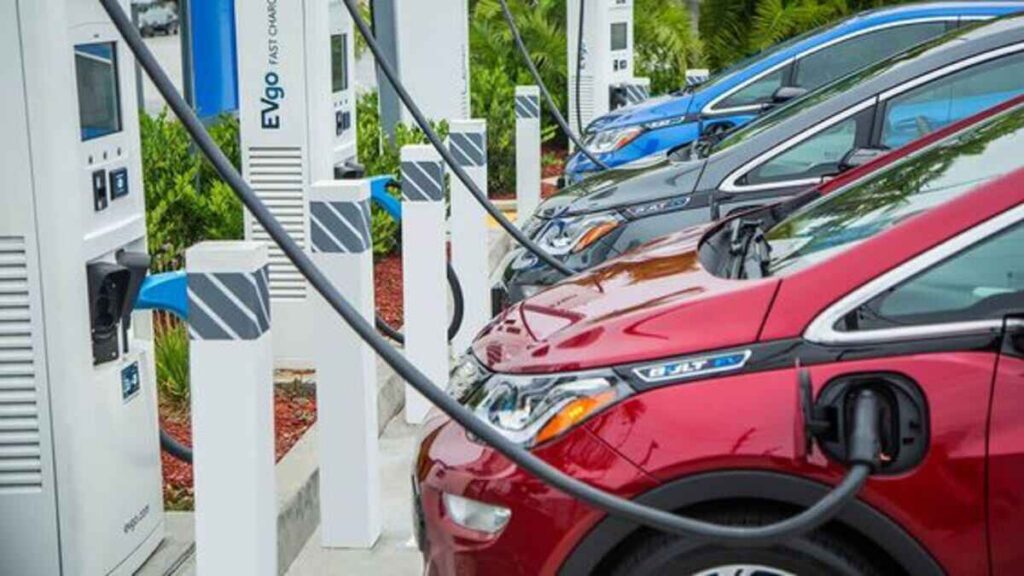
However, Maxwell Woody, a researcher at the University of Michigan’s Center for Sustainable Systems, said that EVs will “continue to get cheaper, largely driven by [lower] battery costs.” Battery degradation, charging woes, and low resale value are also disadvantages of electric vehicles.
Are Electric Cars Faster Than Gas Cars?
Gasoline and electric cars do not have the same acceleration rate, accounting for a difference in performance. Data shows that electric vehicles accelerate much quicker than gas-powered cars but cannot maintain that speed for extended periods.
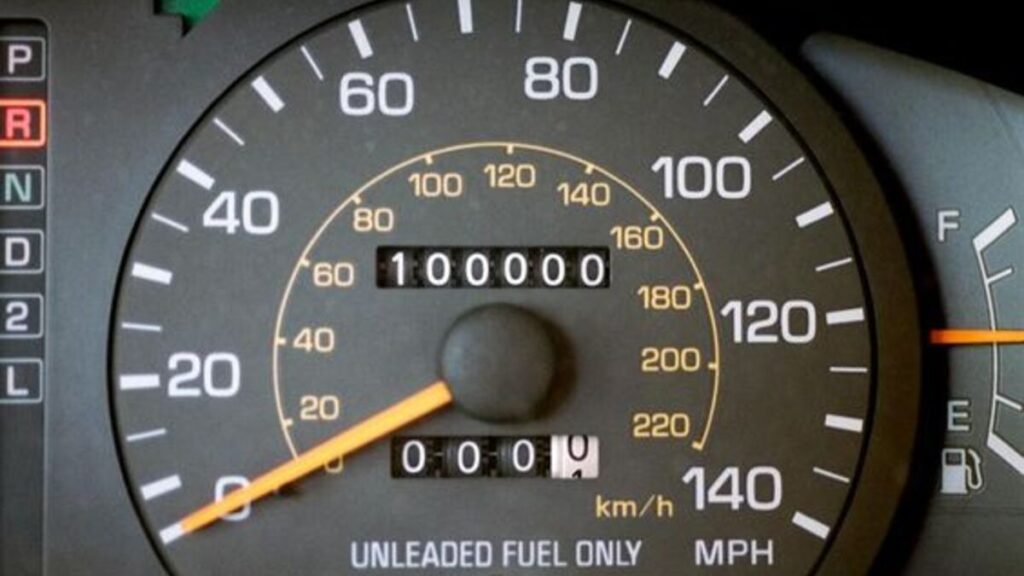
However, this does not mean electric vehicles are faster than gas-powered cars. It simply means they reach their top speed faster than a gas-powered vehicle would reach its peak speed. To break it down, if an EV travels at 30km/h, a gas car can also travel at 30km/h. However, the EV will reach that speed faster than a gas car.
You Might Also Like:
GM Lays Off Over 1,000 Salaried Software and Services Employees
Essential Insights Before Investing in Buffer ETFs
Cathie Wood Makes Major Investments in This Hot AI Stock—And It May Surprise You
Boeing Halts 777X Aircraft Tests After Discovering Damage to Jet Structure

